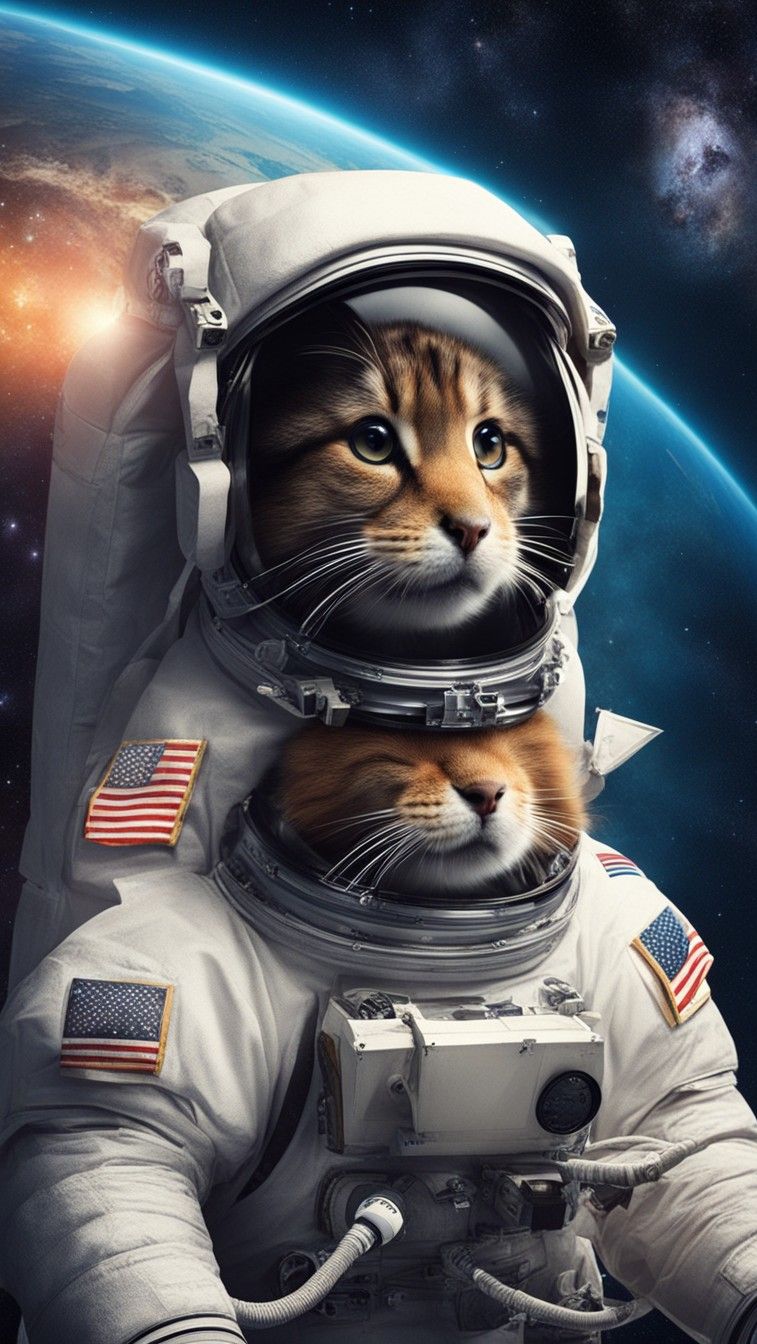


Outer space has long been a realm of exploration for humans. But before astronauts launched on their cosmic journeys, animals were the pioneers. It ventured into the great beyond to test the conditions and surface the way for human spaceflight. It ranges from fruit flies to brave dogs and curious monkeys. Here are seven fun facts about animals that embarked on extraordinary journeys into the universe.
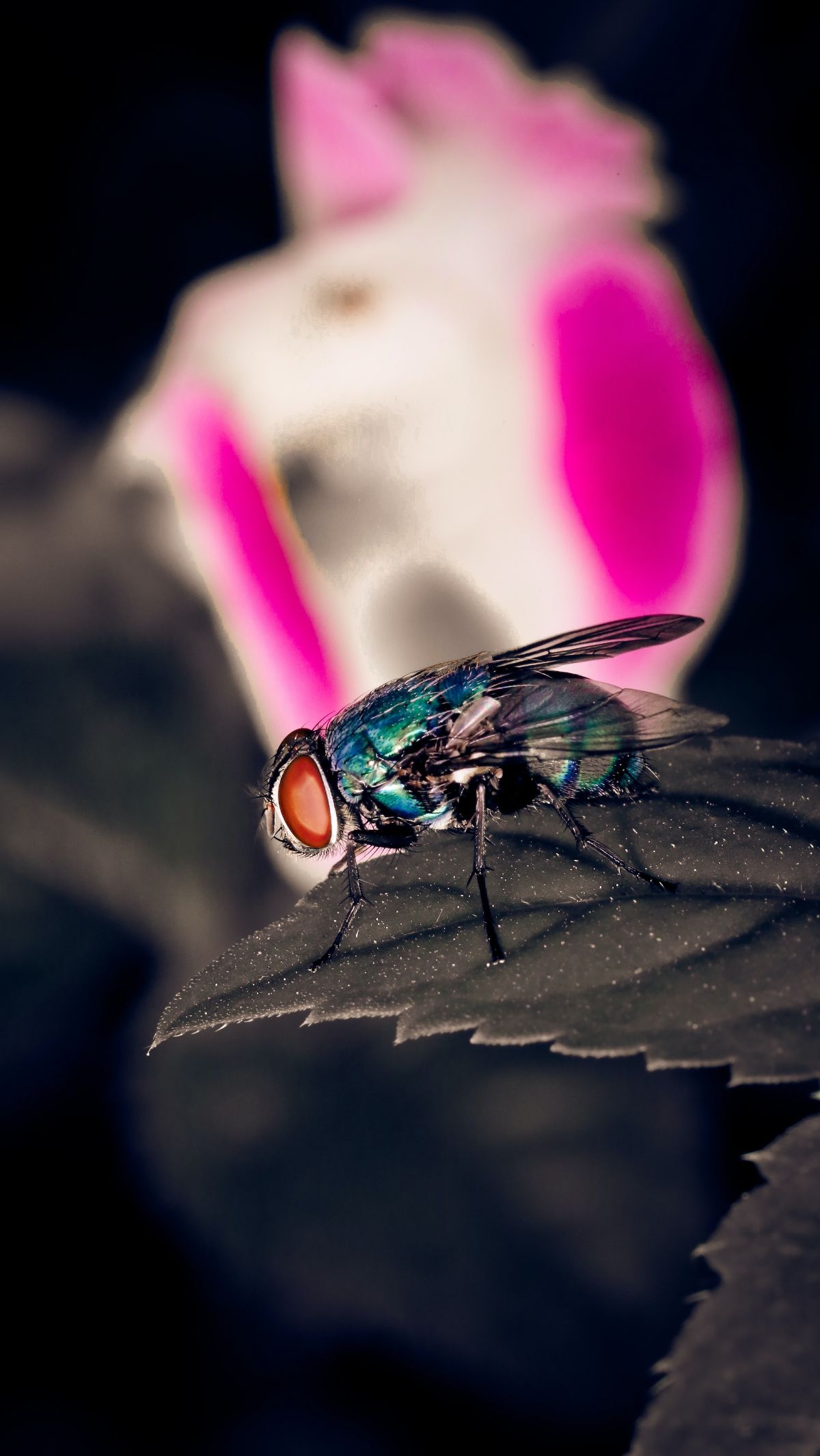
In 1947, the world saw its first animal astronauts when a group of fruit flies arrived. These insects were sent into space aboard a Nazi V-2 rocket. These brave fruit flies reached an altitude of 68 miles before safely descending with the help of parachutes. The aim? To study the effects of radiation exposure at high altitudes.
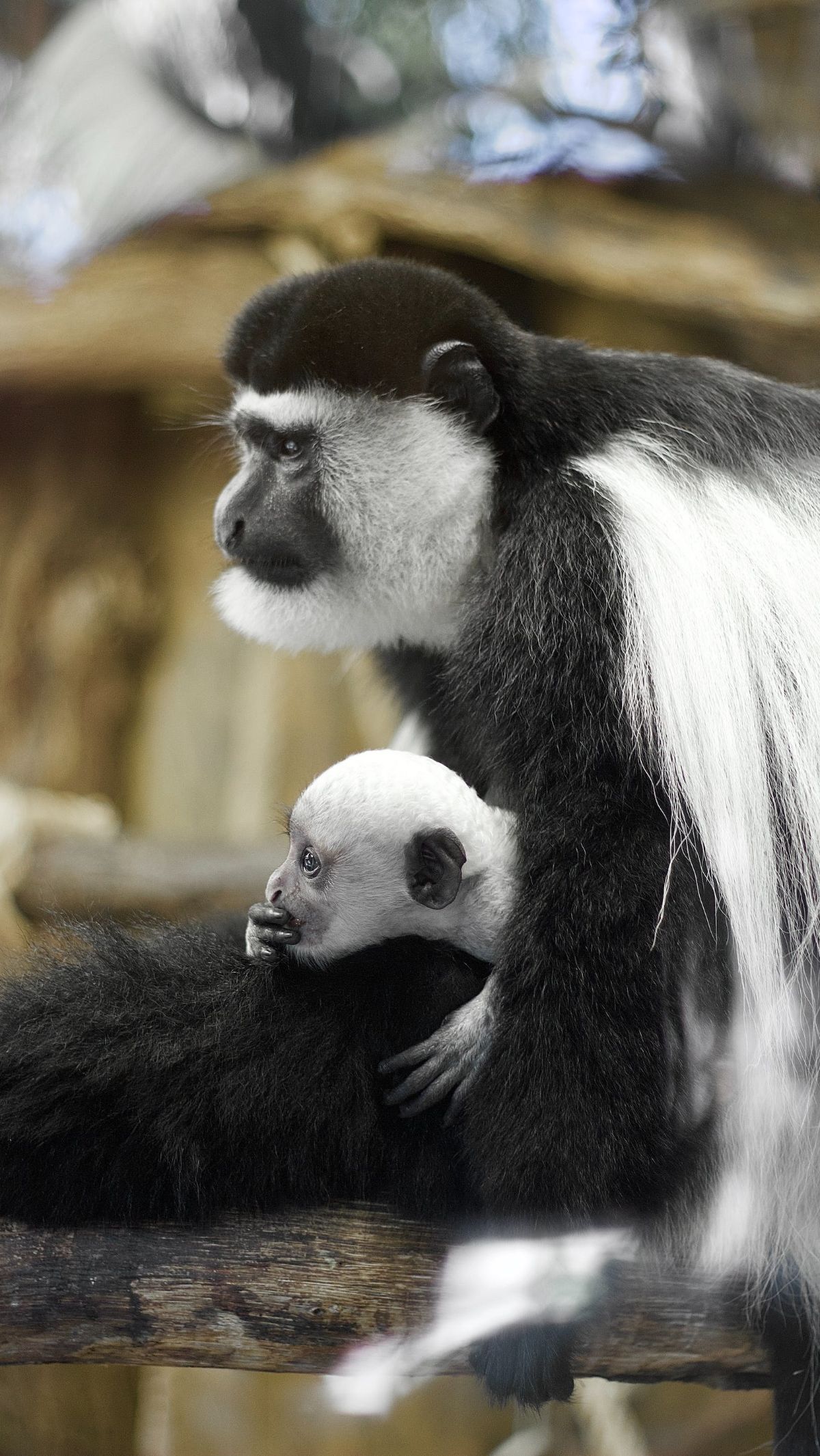
Monkeys and apes have been famous space travelers. There are 32 of these intelligent animals having ventured beyond Earth's atmosphere. Among the cosmic primate explorers were Rhesus macaques, pig-tailed monkeys, cynomolgus monkeys, squirrel-tailed monkeys, and even chimpanzees.
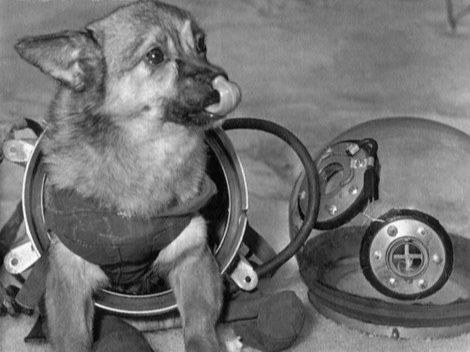
The first mammal to orbit our planet was Laika, a brave Russian dog. Laika's historic journey took place in 1957. This dog marks a significant milestone in space exploration. Tragically, no plans were made for her return, and she died during re-entry to Earth.
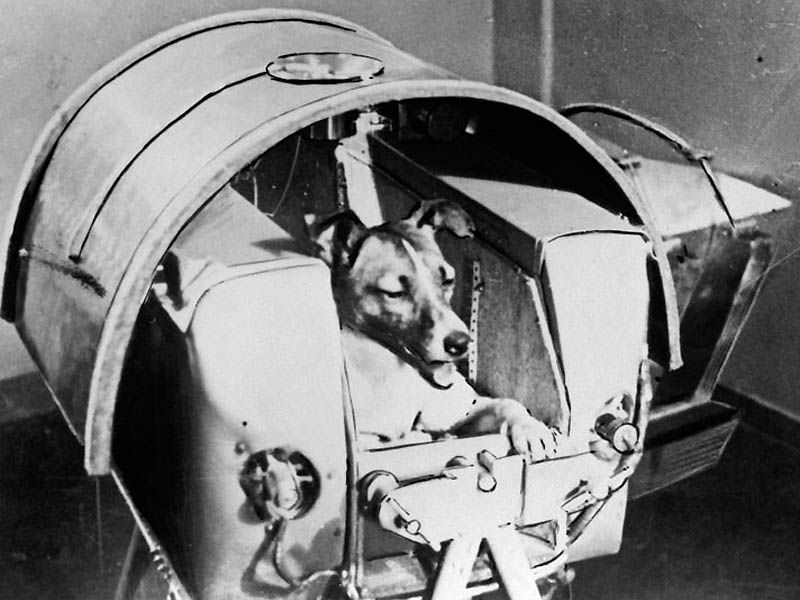
Sputnik-2
On November 3rd, 1957, Sputnik-2 became the second spacecraft launched into Earth orbit. It is the first to carry a living animal, a dog named Laika. Laika died a few hours later from overheating and stress. It was announced that the dog died six days after launch.
Photo: flickr/Mr.YuriGagarin
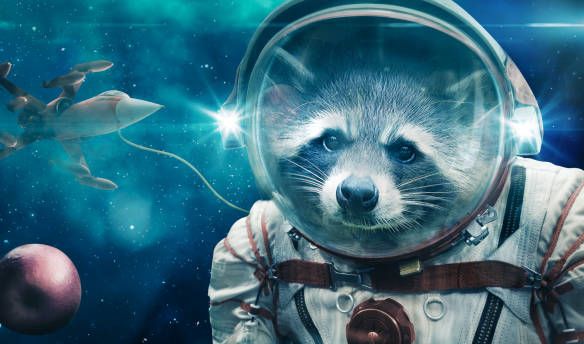
The early days of animal space missions were full of risks. About two-thirds of the monkeys launched in the 1940s and 1950s did not survive their missions or died soon after landing. These animal pioneers played a vital role in understanding the dangers and chances of space travel.
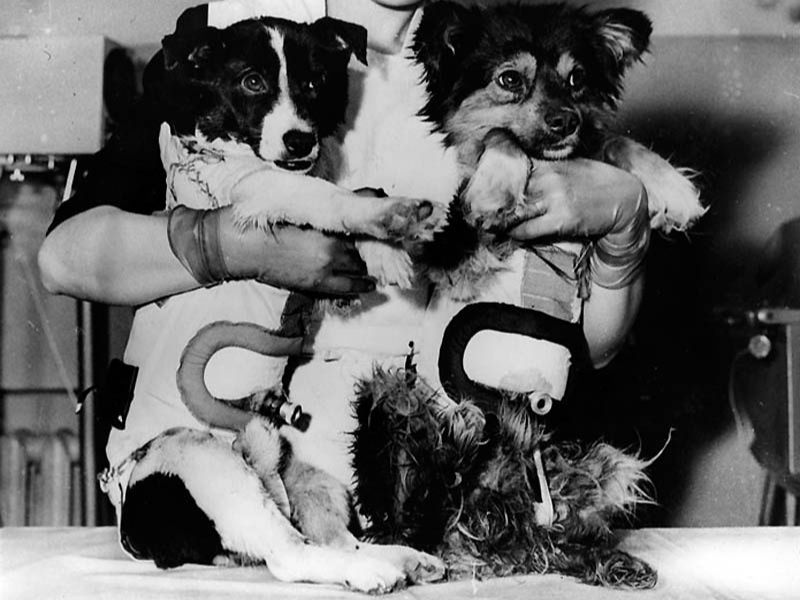
In 1960, Belka and Strelka, two heroic dogs, became the first animals to return from space alive.
Fun Facts About Animals in Space
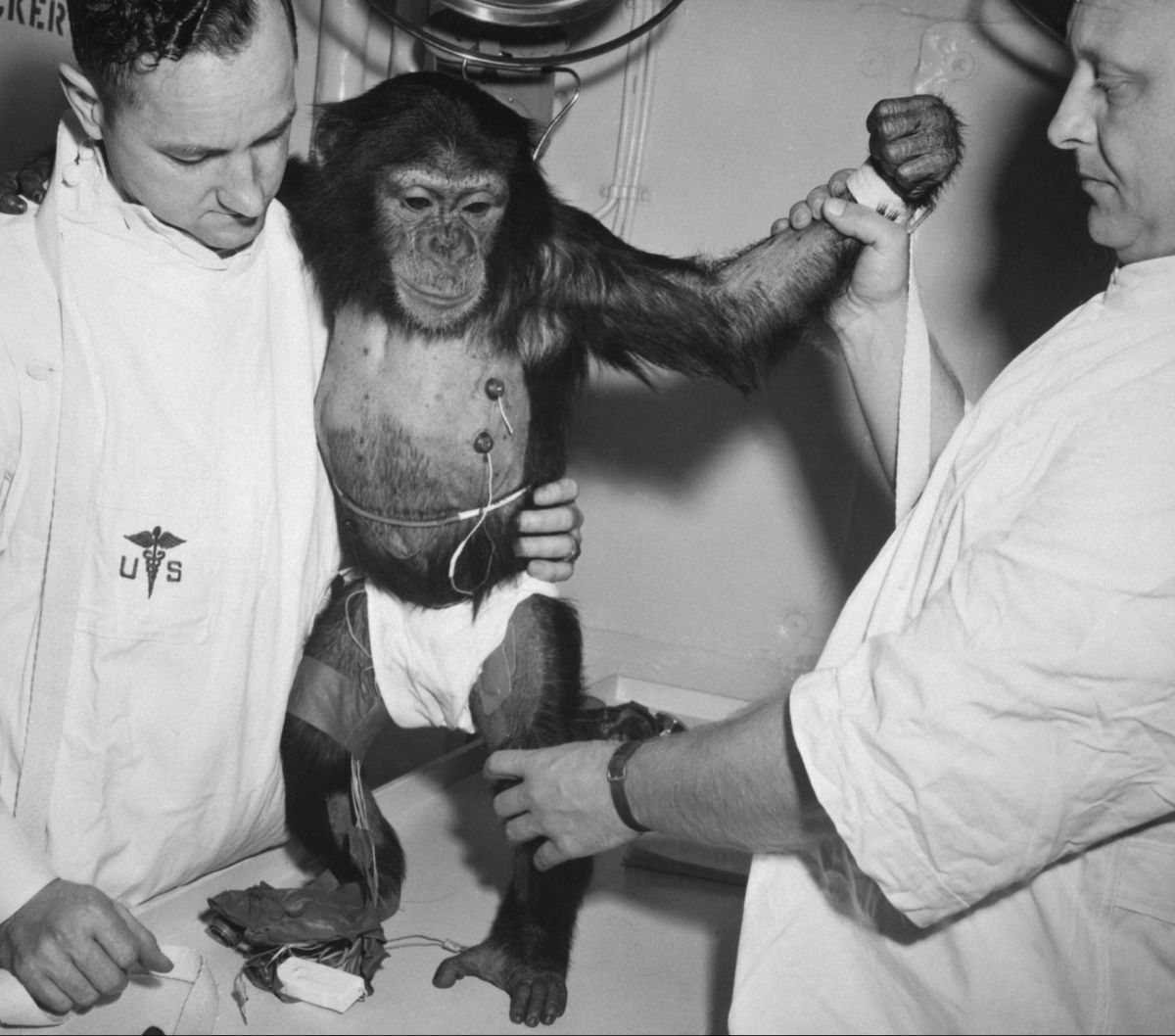
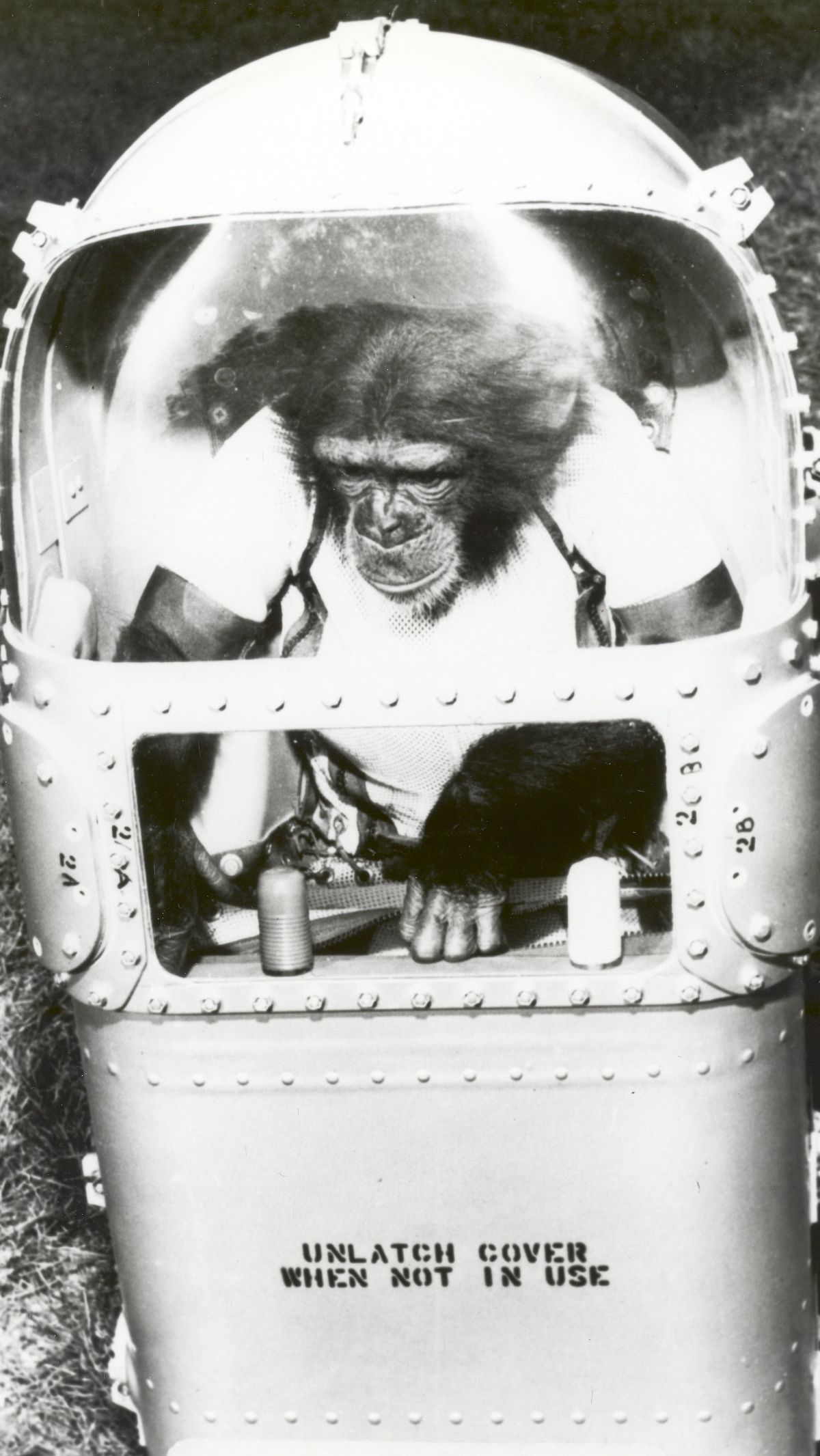
Before astronauts launched on their cosmic journeys, animals were the pioneers.